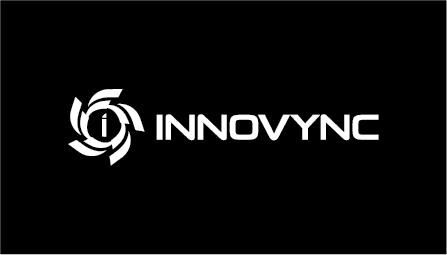With a death already recorded in the industry, there is no denying that stonemasonry carries a real and sizable risk of silicosis. Devastatingly, this correlation has not always been clear.
Until a recent spate of lethal diagnoses, they didn’t realise dry-cutting artificial stone benchtops that have become popular in modern kitchens posed any threat whatsoever. But in some cases, these materials can be comprised of 90-95 percent silica. Silica particles are toxic and when inhaled, can cause the potentially fatal lung condition known as silicosis.
Thousands of workers are now at a high-level risk of contracting the disease.
To date, 98 Queensland workers have been diagnosed with silicosis. Fifteen of those are cases were deemed terminal. With another 32 cases identified in Victoria and New South Wales, doctors now fear silicosis could develop into an epidemic to rival asbestos-related illness and death of 20th century workers.
In response to this crisis, dry-cutting of engineered stone has been banned in Queensland. There are calls for other States and Territories to follow suit.
Sadly, these safeguards might be too late for even more people. Over 800 Queensland workers exposed to silica particles throughout their career are now awaiting test results. At the same time consumer appetite for artificial stone surfaces continues to grow. Some stonemasons toil between 60-70 hours each week to meet this demand.
The question facing manufacturers and regulators is whether there is a way to continue to supply these products, while guaranteeing the safety of those on the tools. Making non-disposable facemasks compulsory for all workers is one suggestion. However, the extraordinary hours many are required to perform each week at the cutting station makes this rather onerous, and therefore, potentially unreliable.
There is one sure-fire solution – and it appears to be the only one – to ensure no people are harmed in the cutting of artificial stone surfaces: remove them from the process.
Stonemasonry certainly isn’t the first – and certainly won’t be the last – industry to embrace technology.
Computer Numerical Control (CNC) machinery that cuts and refines stone surfaces and edge work looms as the most obvious answer to this very serious dilemma. These complex and highly evolved machines carry out the work via programming from a remote or onboard computer, eliminating all manual labour from the processing phase. Accordingly, health risks like Silicosis are also eliminated.
At Innovync, we strive to offer Australia’s premier range of CNC machinery and factory automation equipment. This technology has changed the lives of people who’ve embraced it; streamlining projects and reducing errors synonymous with traditional methods.
Now it offers the chance to save lives as well.
If your business has concerns about the health and safety of your workers, through incidental ingestion of silica or other dangerous particles, alternatives are available. Myself and the team at Innovync are always available for a chat to assess the risks and options.
Please feel free to get in touch.
In the meantime, keep safe and breath even safer.
Craig Haidley
Oceania Sales Manager, Glass and Stone Division, Innovync


